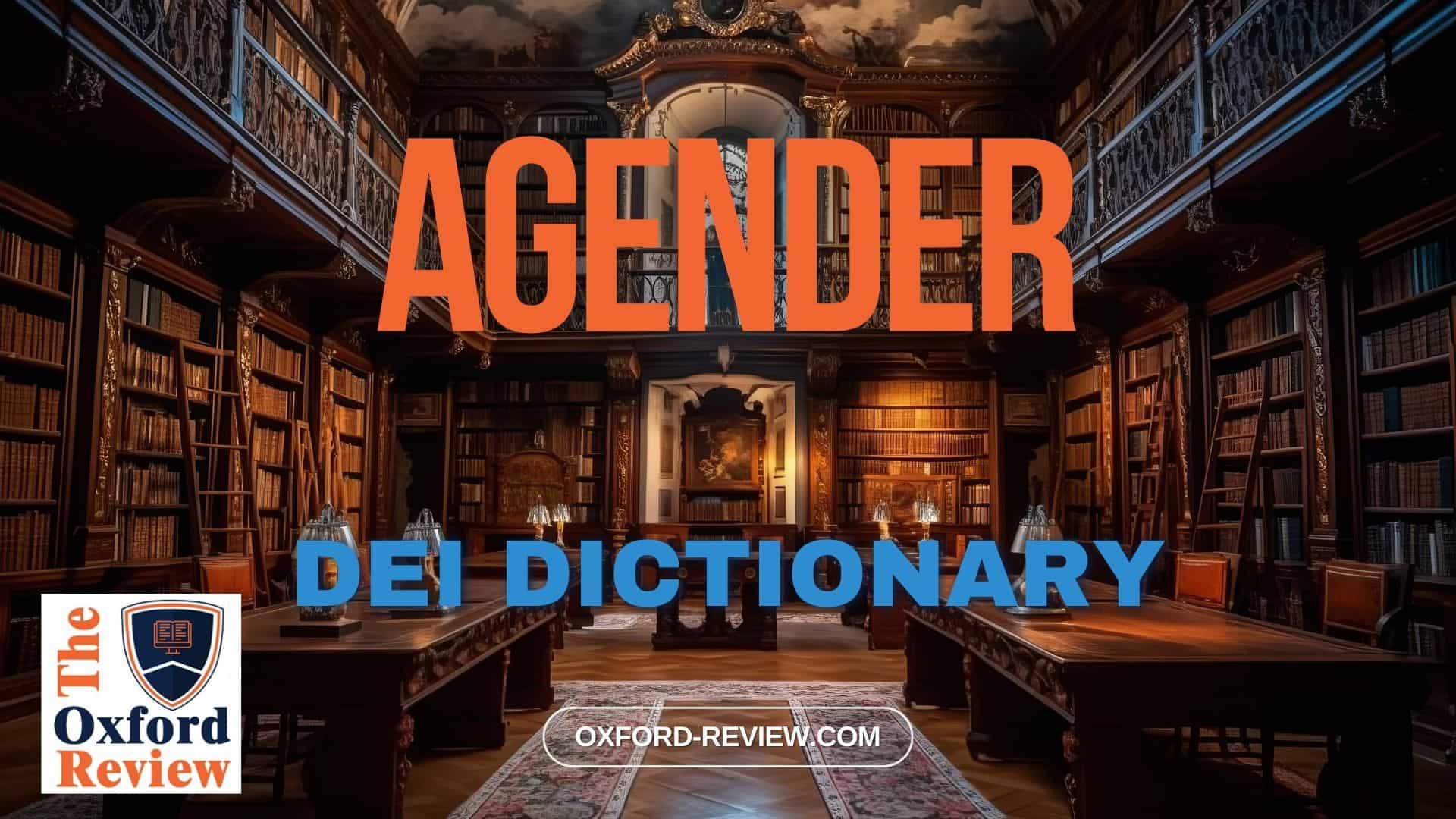Agender – Definition and Explanation

Understanding Agender: Definition, Meaning, and Examples
In the realm of Diversity, Equity, and Inclusion (DEI), comprehending various gender identities is crucial. One such identity is Agender, which plays a significant role in fostering an inclusive environment.
Definition:
Agender is a term used to describe individuals who do not identify with any gender. They may feel disconnected from the concept of gender entirely, experiencing a sense of neutrality or absence regarding gender identity. Agender people may reject societal expectations and norms associated with gender roles, instead embracing a sense of self that transcends traditional gender categories.
Exploring the Meaning:
For Agender individuals, their identity is not defined by being male or female. Instead, they may view themselves as genderless or having a gender identity that is entirely separate from the binary concepts of male and female. This perspective challenges the notion that gender is a binary construct, highlighting the diversity and fluidity of human experiences.
Importance of Acknowledging Agender Identity:
Acknowledging and respecting Agender identity is essential for creating inclusive environments. By recognising that gender exists on a spectrum and that not everyone identifies within the traditional binary, organisations and communities can foster a culture of acceptance and support. Embracing Agender individuals helps break down societal stereotypes and promotes diversity within workplaces, schools, and society at large.
Example:
Consider a workplace that values diversity and inclusion. In this environment, employees are encouraged to express their authentic selves without fear of judgement or discrimination. Among the team members is Alex, who identifies as Agender. Instead of being constrained by traditional gender norms, Alex feels empowered to contribute their unique perspectives and talents to the team. Their colleagues respect Alex’s identity, creating a supportive atmosphere where everyone can thrive regardless of gender identity.
Conclusion:
In the landscape of Diversity, Equity, and Inclusion, understanding Agender is paramount. By acknowledging and respecting the identities of Agender individuals, we can create inclusive spaces where everyone feels valued and accepted. Embracing diversity enriches our communities and fosters a culture of equality and respect for all individuals, regardless of gender identity. Let us strive to build a world where everyone can express their authentic selves without fear or prejudice.
References:
Morrison, T., Dinno, A., & Salmon, T. (2021). The erasure of intersex, transgender, nonbinary, and agender experiences through misuse of sex and gender in health research. American Journal of Epidemiology, 190(12), 2712-2717. https://academic.oup.com/aje/article/190/12/2712/6354680?login=false
Rowlands, R. (2008). Stress agender. Occupational Health & Wellbeing, 60(6), 26. https://www.proquest.com/openview/2336493a6354a52ea4f41e19a4029c49/1?pq-origsite=gscholar&cbl=49149
Markdal, F. (2022). Who can “I” or “we” be without Gender? An online ethnographic study to understand identity inside the alchemy of agender. https://www.diva-portal.org/smash/record.jsf?pid=diva2%3A1678423&dswid=6869
Be impressively well informed

Get the very latest research intelligence briefings, video research briefings, infographics and more sent direct to you as they are published
Be the most impressively well-informed and up-to-date person around...
